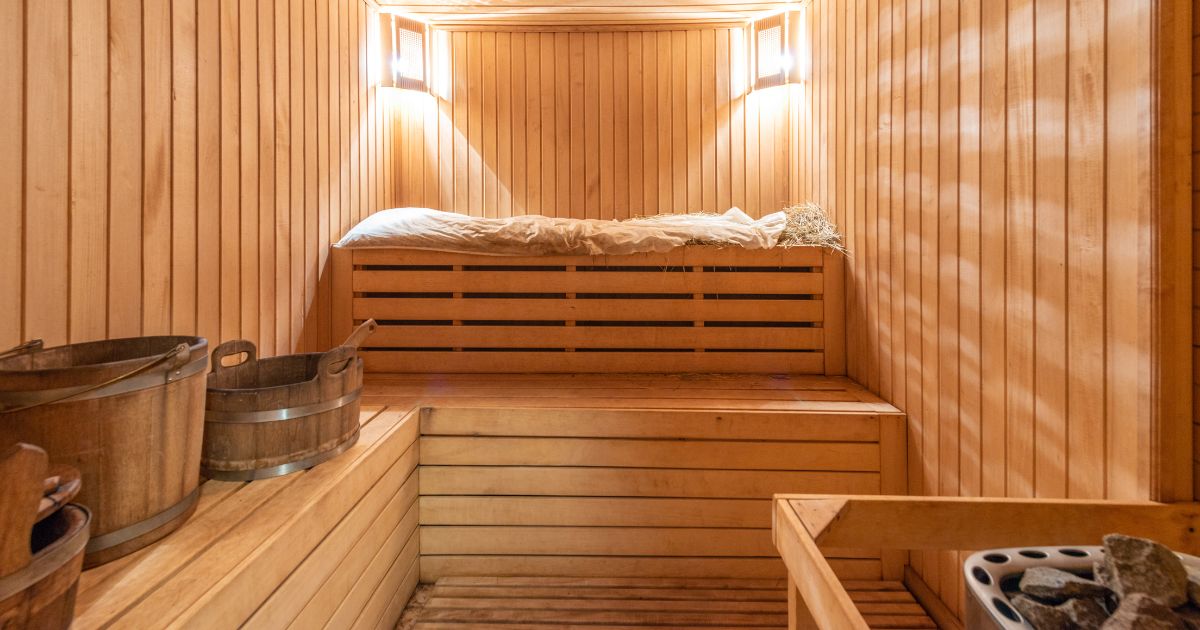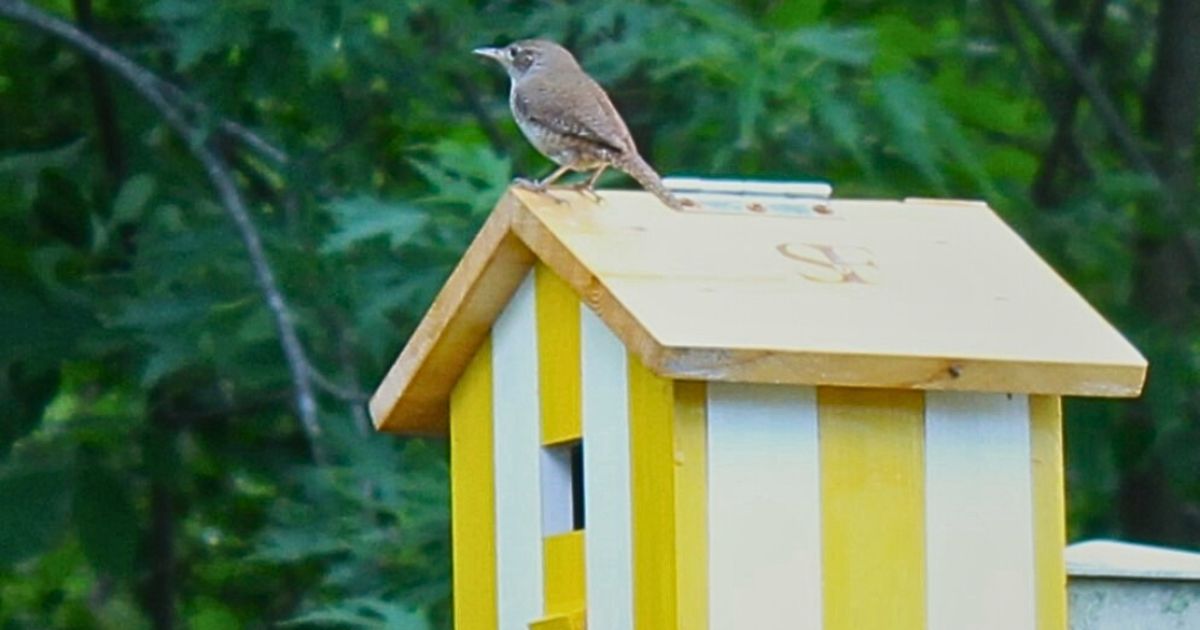The people behind No. 9 Gardens, Canada’s first centre for promoting sustainability and indigenous dialogue, have taken on a rather lofty goal: To empower current and future generations to revolutionize what we build and how we live to ensure greater respect for — and with — the land.
Perhaps you have not yet heard of No. 9, the hands-on educational facility located about a half an hour north of Kingston, ON? Once you meet the aforementioned “people” responsible for it, aka husband and wife founders Andrew Davies and Elizabeth Lenell Davies, you could conclude that it may have been by design.
“As architects, designers, and artists, we believe it is our responsibility to share our knowledge and inspire and empower today’s youth with the skills and tools they will need to lead the climate action revolution of the 21st century,” Andrew says.
Both Andrew and Elizabeth obtained masters degrees from the Southern California Institute of Architecture and shared a passion for fine art. As their careers evolved, they began to recognize the power that art and culture have on our society. (That vision encouraged Andrew to launch the charitable arts organization No. 9: Contemporary Art & the Environment in 2006 to support artists focussing on bringing awareness to environmental issues.) Over the coming years, the couple continued to use their experiences, education and expertise to inspire and teach others the positive value of building sustainable communities.
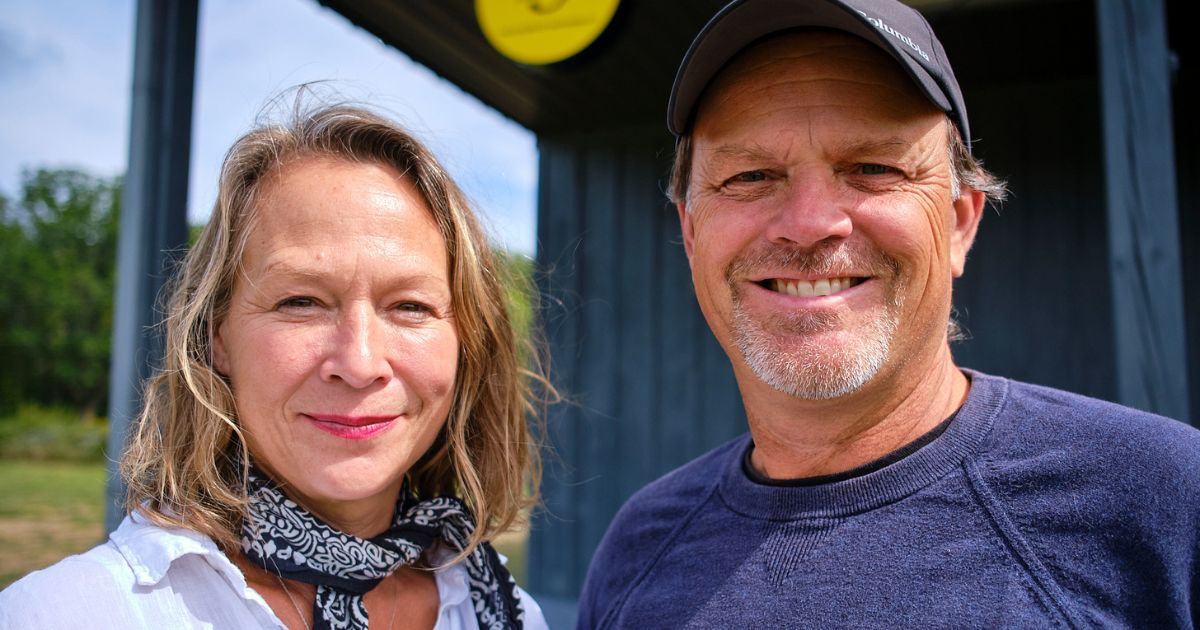
So, in 2018, when Andrew’s parents were ready to sell their 52 acres of farmland situated on traditional territories of the Haudenosaunee, Anishinaabe, Mississauga, Algonquin, and Wendake-Nionwentsïo near Lyndhurst, ON, the younger Davies bought it and leased 40 of the acres to the new not-for-profit (for $1/year).
“When we purchased the land, we had been doing a lot of work in education, in classrooms,” Andrew explains on Canadian composer Claude Schryer’s Conscient podcast. (The podcast link can be found on their website, www.no9gardens.ca.) “For 15 years, we had been teaching about how to build sustainable communities using our nine pillars* — that’s where our name comes from — and we found that the students were excited about using design strategy to solve climate change issues. It’s really how we live that has the impact; our lifestyle is what creates our footprint. And so, when we started thinking about that, we thought, ‘Wouldn’t it be great to have an educational land facility where people could come and actually experience things first-hand?’”
Apparently, the answer was yes.
“If our expectation is for the creative class of the next generation to drive the new green economy then we must take on the responsibility of providing that generation with the necessary tools to do so,” Andrew says. “We deliver programs in schools and in the public domain designed to encourage the use of creative thinking to resolve environmental issues and to promote a sustainable lifestyle.”
“And we believe that building sustainable communities is only achievable with indigenous dialogue and rejuvenation,” Elizabeth adds. “Since our launch, we have been actively developing partnerships with the indigenous communities in the region.”
The centre also allows visitors to try out different living structures, like traditional Mongolian yurts, offers culinary demonstrations and hosts workshops, including canoe making. In addition, this summer’s second annual electronic music and eco-art festival, Cloud 9, brings the Davies’ vision to use the power of art and culture to inspire the next generation.
Put simply, No. 9 Gardens takes the holistic approach to living sustainably and literally brings it to life in a tangible form. The whole point is that change doesn’t have to be drastic, scary, or thrown in your face.
It can just be.
Which is exactly why you may not have heard of No. 9. Yet.
Nine Pillars of Sustainable Design Developed by No. 9
- Civic Engagement & Leadership
- Food Security
- Open Green Space
- Waste Management
- Water Management
- Green Building Design
- Transportation
- Alternative Energy
- Public Art & Design
Learn
Learn how to grow and cook with local food, the importance of soil health, and create nature-inspired art and artwork. In partnership with Dunin- Deshpande Queen’s Innovation Centre and St. Lawrence College Department of Skilled Trades and Tourism, the experiential learning centre continues the Andrew and Elizabeth’s quest to empower students through hands-on programs and outdoor experiences that encourage creativity and greater respect for the land.
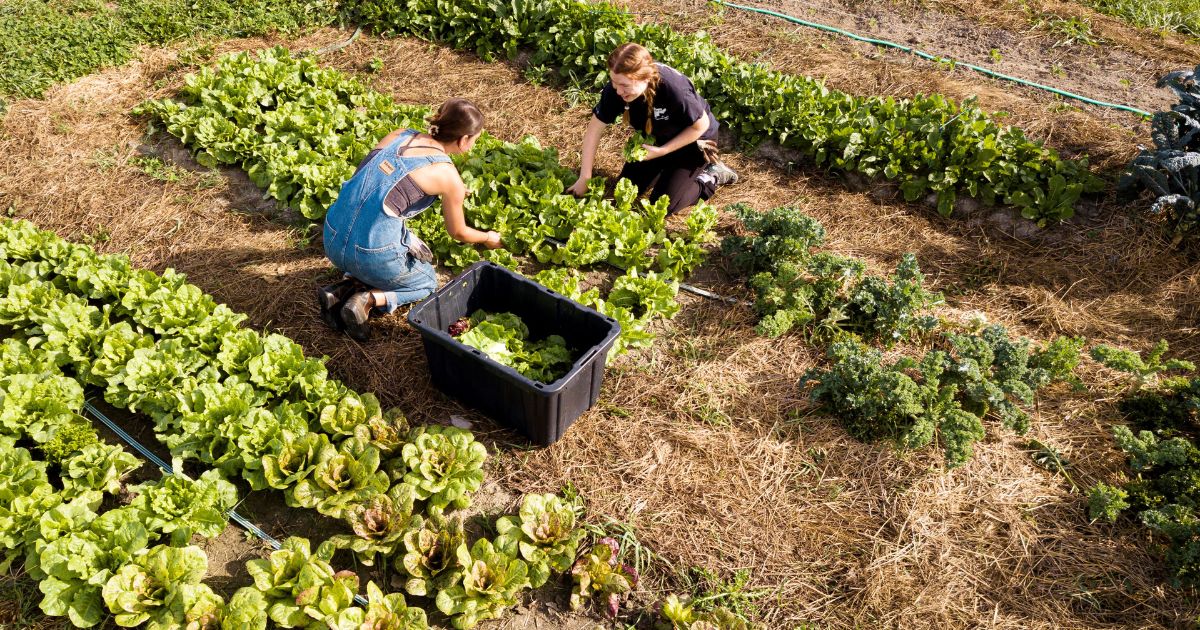
Summer workshops welcome visitors of all ages and are led by passionate and experienced educators from diverse cultural perspectives. Workshops cover topics on ecological garden design, indigenous agriculture, garden-to-table cooking, soil health, claymaking, children’s art, plant walks and more!
Some topics include:
How to Pick a Herb (Fairy) Salad, Plant-based Garden-To-Table Cooking Workshop, Ecological, Gardening (Part 1): Starting Your Nursery, Make your own Nature Prints Clay Mug, Photography After Dark: Capturing the Night Sky — and there’s many more!
Prices range from free (Indigenous people’s participation in Indigenous workshops is free) to $55 for art and specialty courses.
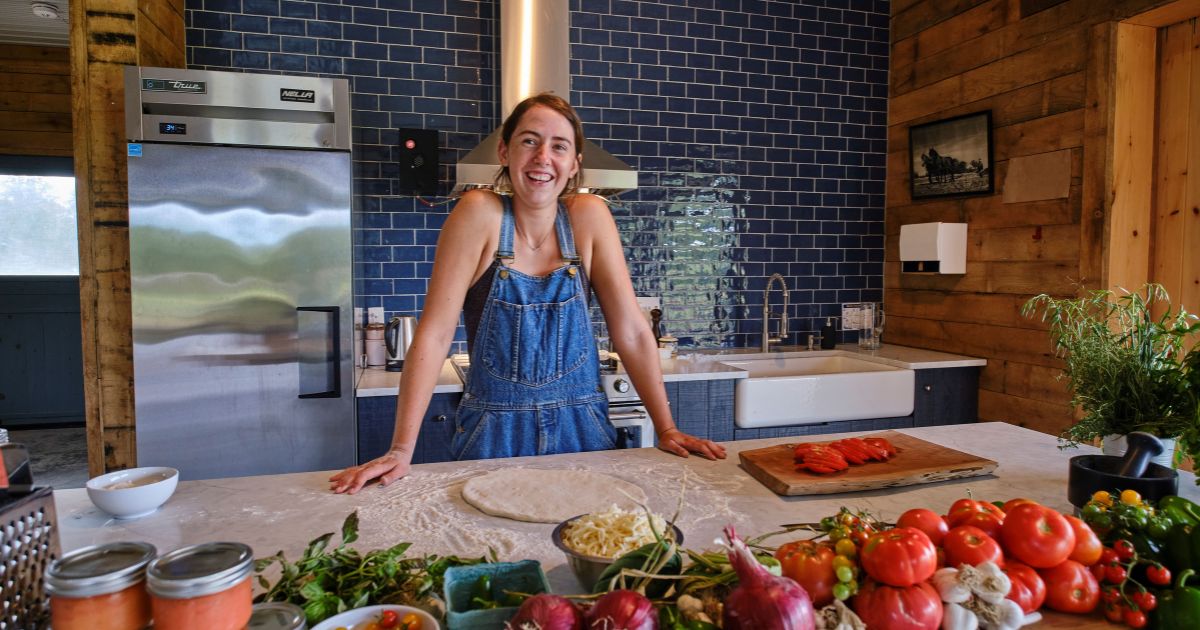
Stay
Eco glamping For a unique experience to connect with nature and discover No.9 Garden’s vision of a sustainable future, stay in a prospector-style eco-glamping tent or in a traditional Mongolian yurt.
The yurts are equipped for up to 4 people with 4 single beds, while the prospector tents are equipped for up
4 people with a queen-size bed and 2 cots.
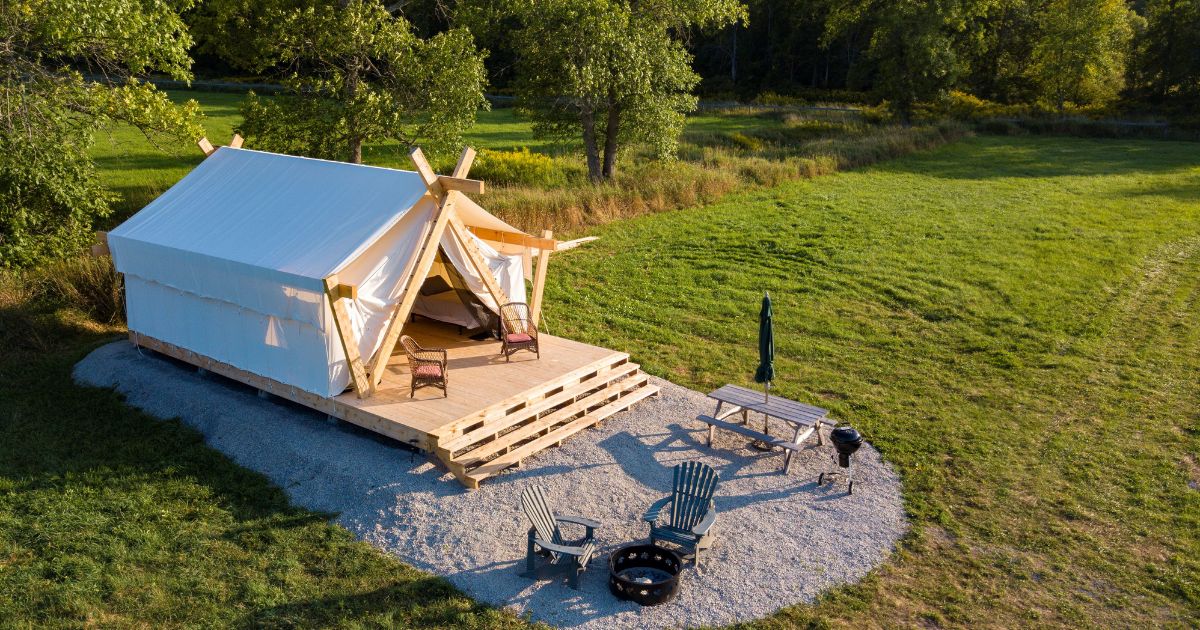
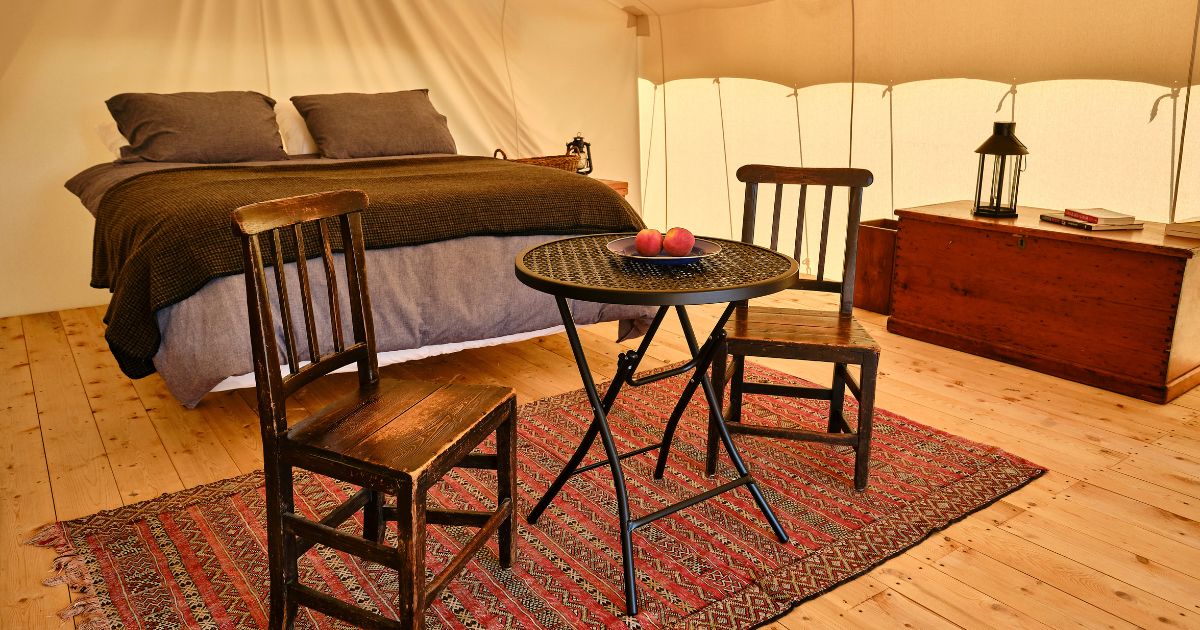
The prospector tents and yurts include access to an indoor shower and restroom facilities, bedding, a cooler
and a gas barbecue. You’ll still have all the comforts and amenities of an indoor setting. Book at www.no9gardens.ca.
Camping
Bring your tent, immerse yourself in beauty, and reconnect with nature while staying on the No.9 Gardens 40-acre property. Each campsite has a flat area to set up your tent and a private fire pit, including wifi, parking, and shared bathrooms.
Situated beside Morton Creek, guests can swim, kayak, and fish (with their own equipment) from our newly installed dock.

Bordering our property is the Hawkridge Trail, part of the Nature Conservancy, where guests can explore the 4.3-km out-and-back trail. Reserve your spot online through HipCamp.com.
Having had the privilege of being at the helm of numerous national magazines, including Chatelaine and Today's Parent, Karine is passionate about content and building strong communities. Her 30+years working in the magazine industry in Canada and the U.S. have allowed her to develop an editorial vision that focuses on exceptional story-telling, dynamic media packages, successful brand partnerships and robust digital strategies, all with the audience's wants and needs top of mind. Karine enjoys collaborating with her team, clients and members of the community, so please do not hesitate to reach out to her.









